
He also called on his powerful partners on the other side of the ocean not to "consider their relations to Asia to be in contrast with our transatlantic roots".
"Europe and Asia are also linked with each other in numerous ways and Europe is turning towards Asia too," said the defence minister.
Biden said Saturday that "Europe remains America's indispensable partner of first resort...Europe and America still look to each other before they look anywhere else."
"Our diplomats, security personnel, and citizens continue to stand shoulder-to-shoulder," he said, referring to U.S.-EU cooperation in military action in Afghanistan and Libya and missile defence collaboration with Romania, Spain and Turkey.
The vice president pointed out that with an annual trade volume of over 600 billion U.S. dollars, Europe has become America's largest economic partner, and the trade has created and sustained millions of jobs.
"But the potential is so much greater still," said Biden, adding that political will is needed to resolve difficulties such as regulations and standards to reach "a comprehensive transatlantic trade and investment agreement", which, if clinched, is expected to raise bilateral trade value by 20 percent.
A stronger transatlantic relationship is also essential for the global interests of both Europe and America.
In Libya, European forces played a role of vanguard to help oust former Libyan leader Muammar Gaddafi. The United States, mired in battlefields in Afghanistan and Iraq, constrained its role in the military action.
During his meeting with German Chancellor Angela Merkel before the conference, Biden said America's interests around the world would be inconceivable "without a strong Europe and close ties to Europe."
In Munich, he reiterated that the United States "will remain both a Pacific power and an Atlantic power" with the help of "the world's greatest military alliance."
"Despite many disappointments on both sides, Europe remains an indispensable partner in achieving Washington's foreign policy objectives," said Richard Rousseau, an expert on international politics.
A year earlier, at the 48th Munich Security Conference, U.S. Secretary of Defense Leon Panetta and then Secretary of State Hillary Clinton delivered to their European audience a message similar to what Biden did this time.
When President Obama said Europe remained the "cornerstone" of the U.S. engagement with the world, "those aren't just reassuring words. That is the reality," Clinton said, inviting Europe to embrace a new "Asia-Pacific century" together with Washington.
This time, Biden made the same appeal. "We all have an important and specific interest in an Asia-Pacific region that is peaceful and growing...So we ought to intensify our cooperation in advance of those interests, moving forward together," he said.
 |
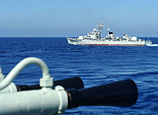
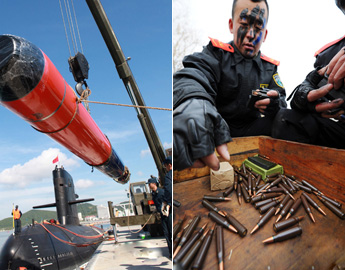
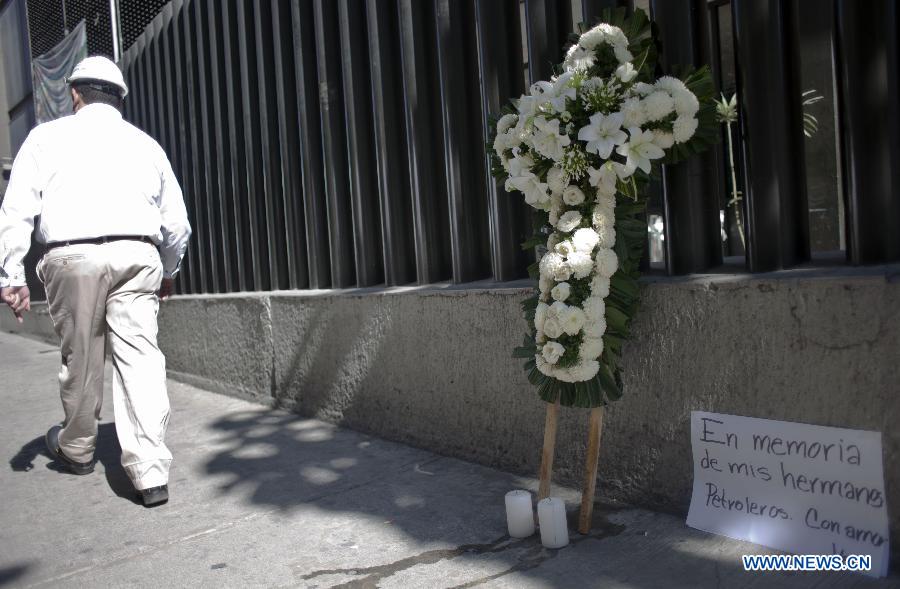
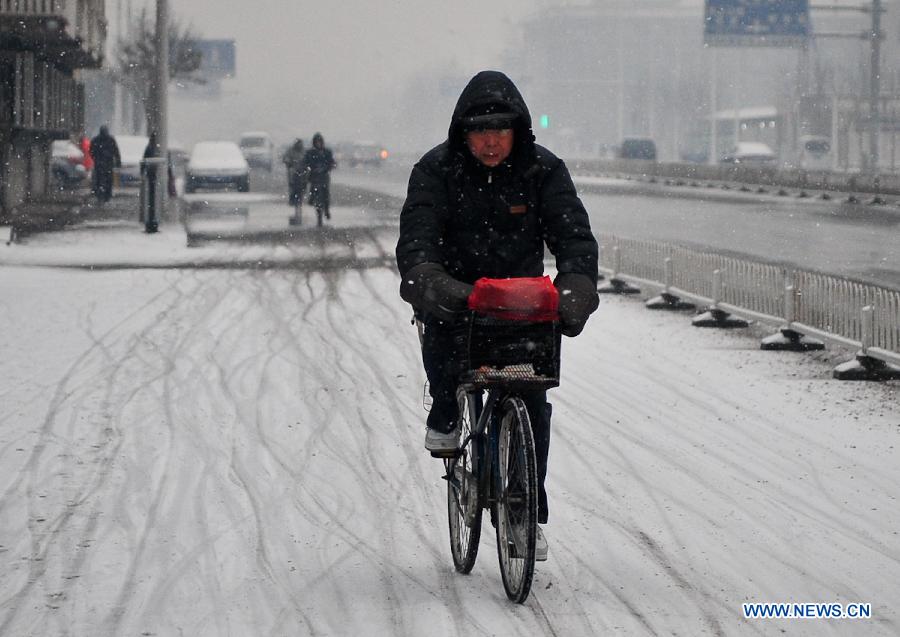

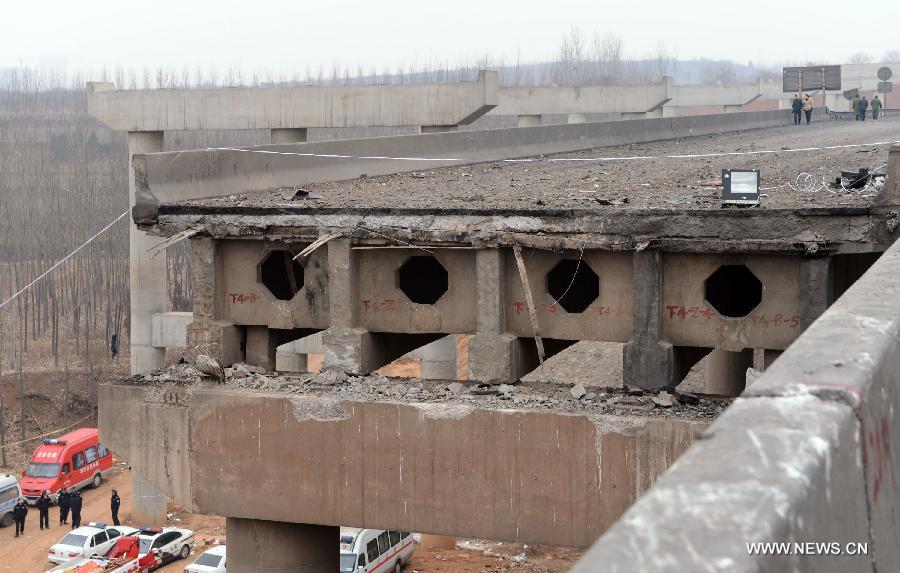



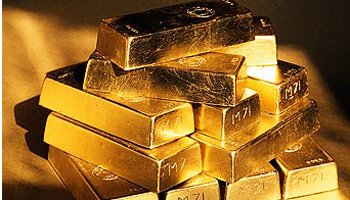






 China's weekly story (2013.01.27-01.31)
China's weekly story (2013.01.27-01.31)


![]()
